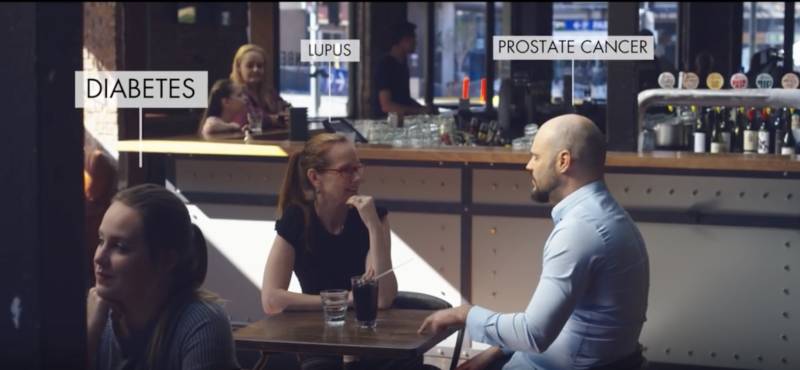Does Netflix—and for that matter, Amazon, Apple, Hulu, Vimeo and YouTube—have a duty to fact-check the documentaries they broadcast? It’s a question worth asking as a controversy surfaces over one such 2018 film, Root Cause.
In the documentary, Australian filmmaker Frazer Bailey links a root canal procedure he received as a young man to later health problems like fatigue and depression. After exploring a host of New Age approaches to medicine, he talks to several dentists who agree that bacterial infections in the mouth caused by root canals lead to diseases elsewhere in the body: mental disease, heart disease, even arthritis. “The mouth is the toxic waste dump that’s impacting on the rest of the body,” says Dr. Gerald H. Smith, DDS, DNM.
Three major dentistry associations disagree: the American Dental Association, American Association of Endodontists and American Association of Dental Research. They sent Netflix a private letter requesting that it drop the film.
A spokeswoman for the AAE declined to share the letter, but she did write:
The people in this movie are spreading misinformation and confusion about root canal treatment that is misleading and harmful to the consumer public. Their premise is based on junk science and faulty testing conducted more than 100 years ago that was debunked in the 1950s, continuously since then, and is even more discredited today by physicians, dentists and academics. Mainstream medical and dental communities overwhelmingly agree that root canal treatment is safe, effective and eliminates pain.



